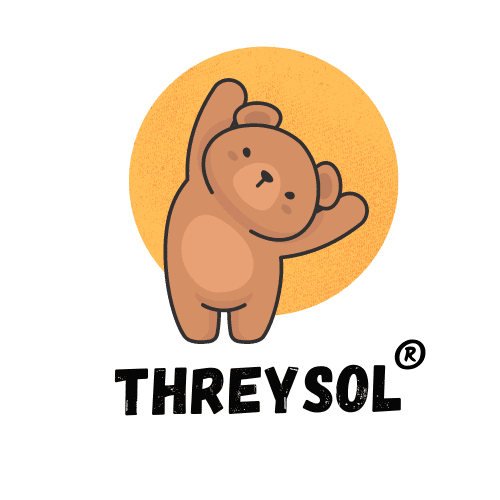From Infancy through childhood and beyond, children learn Speech, Language and other skills from their parents. These skills are learnt during their interaction with their parents through out the day. During this interaction , infants learn several skills through observation, exploration and analyzing the stimulus that is received. Parents act as moderators in guiding the infants to master their developmental milestones. For example, while babies are learning to put their first steps, parents slowly fade the support and encourage the child to walk independently. Similarly, in Speech and Language intervention parents play a major role in helping the children with Communication Disorders master the skills that has been targeted.
Children with 'Communication disorders' on average receive 3 hours of therapy or intervention program per week from the professional, rest of the time they will be in the company of their parents (excluding the school timings). Parents come in contact with children many times a day, during their daily routines, leisure time, play time etc., Communication skills, that has been mastered, has to be generalized in other contexts and with other people thus promoting sustainable communication. Parent training program is an effective evidence based approach to help children generalize their communication skills and promote independent living. By training the parents to follow the same methods and techniques that is planned and followed by the therapist will help in speeding up the learning process. It is evident that skills that are practiced intensively followed by correct prompt fading methods helps the child to retain the skills that are learnt and to respond spontaneously and independently.
A Speech and Language Therapist will demonstrate how to stimulate language at home in different contexts. Language stimulation techniques like modelling, self play, parallel play, extension, expansion etc, helps children to learn language while doing their daily routines, activities, play, reading, singing etc.
A Behavior Analyst will train parents to analyze child's behavior and respond appropriately. As antecedents and consequences control the behavior, parents can be trained on how to change the A's and C's to increase desirable behavior or to decrease undesirable behavior. Mand counting, DTT and other methods help parents to promote verbal behavior, to gain instructional control, to improve tolerance levels etc.
Parents doesn't include only mother, father also plays an equal and important role in the learning process. Studies have shown that when father's do story time it had great effect on children's language skills. Father's interact in a different way than mother's do. They play physical, rough and tough games that helps children develop larger muscle groups, balance, ability to take risks, overcome fear etc. Children who spend quality time with their fathers during their early childhood have developed better social skills, arithmetic skills, advanced language skills, great peer relationship. Involving fathers in the therapy helps them in understanding the intervention process and implement the same methods and techniques during their interaction with the child. It also helps in generalizing the skills that the child has learnt in various context and with different people.
Take away's for parents
- Communication is done only when there is a need for it. When children are able to get access easily to their needs then there's no need of communication.
- By changing the home environment and creating situations to request and express, children will learn to communicate.
- Interact with the child frequently and model them on how to use language in different contexts. prompt them with correct words/ phrases/ sentences and respond after they repeat it correctly.
- Define the 'Behavior' and respond accordingly.
- Limit screen time and discuss with the child what they have learnt from the video or game.
- Visual scheduling can be used to help children follow their routine and complete it.
- Reinforce children verbally and by providing tangible reinforcers for their attempts to communicate.
